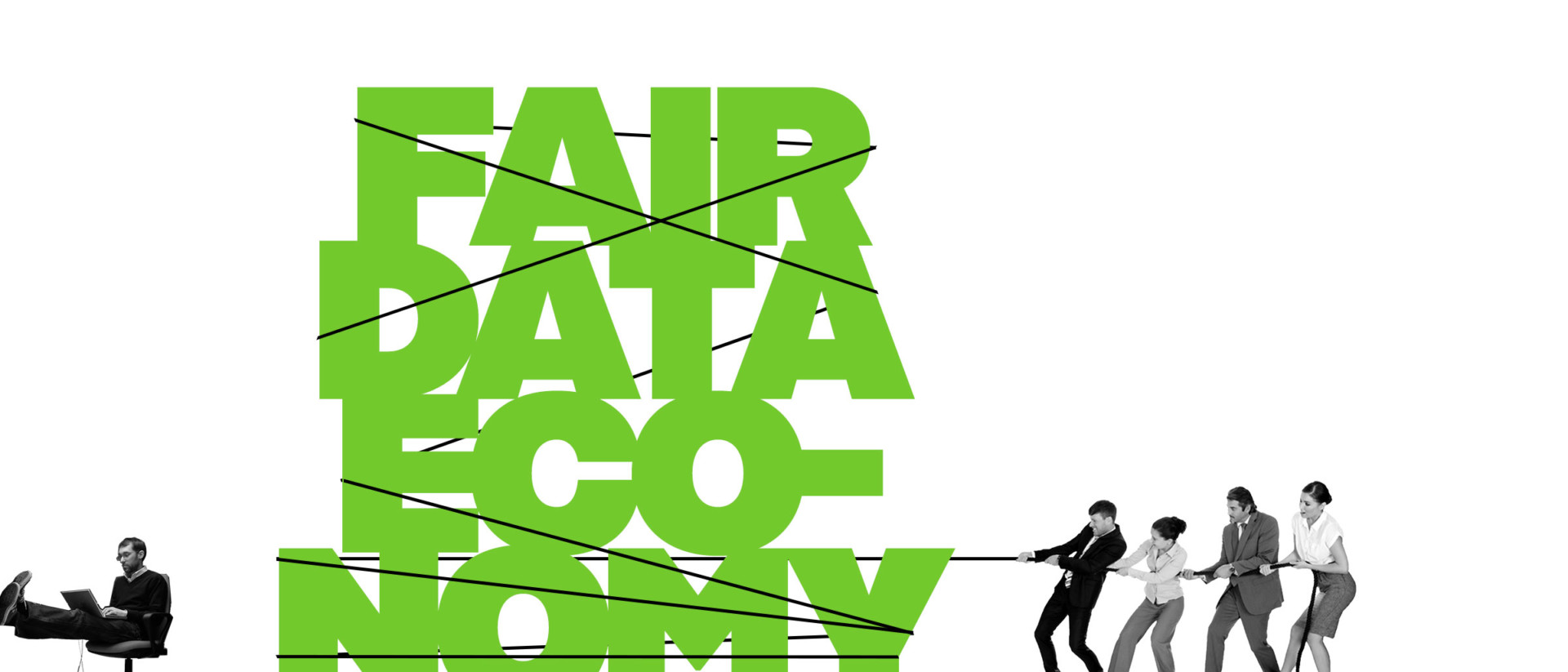Trust must be integrated into all aspects of business, data sharing included. A data economy based on trust is an essential part of socially responsible activities.
It has been nearly three years since the start of Sitra’s fair data economy project. The project has several “sister projects” around the world. What all of the projects have in common is that they are seeking a fair alternative to the data economy that has so far been dominated by platform giants. The common option aims for the transparent use of personal data that safeguards the rights of the individual.
The boldest visionaries, such as Jaron Lanier in his book Who Owns the Future?, envision a future in which the experts who teach artificial intelligence algorithms receive compensation for their insight every time it is used by algorithms for commercial purposes.
The individual must have a voice
Several examples of a personal data economy, in which consumers are directly the data producers and administrators, already exist. One example aims to strengthen consumer protection by extending it to include data, too. It builds a reliable certification system for technology that helps to identify the technologies that sufficiently ensure the protection of privacy.
Several examples of a personal data economy, in which consumers are directly the data producers and administrators, already exist.
Our experiences, new studies and similar initiatives around us bear witness to a kind of movement that links together conscious individuals and companies who responsibly use personal data, and investors looking for new ethical options.
New business models require testing
In many ways Sitra’s IHAN fair data economy project resembles a giant, pan-European corporate responsibility project in which social responsibilities are conjoined with legal and ethical responsibilities, and with financial responsibilities set by shareholders. The challenge is that unlike in traditional ecosystems with siloed data management models, the control of data in fair data ecosystems is decentralized. All companies in the ecosystems also have their own, competing business models and their own, strictly guarded data reservoirs.
Sharing data and using it to create new services requires breaking away from the old way of thinking and developing and testing new business models, and, first and foremost, building concrete examples of trust-based services.
Sharing data and using it to create new services requires breaking away from the old way of thinking and developing and testing new business models, and, first and foremost, building concrete examples of trust-based services. What trust is founded upon varies in different societies and is often dependent on the situation. However, it also includes common permanent elements. Corporate responsibility consists of different factors, one of which is related to fair and just practices (source: ISO 26000-2010).
Trust is applied in practice through shared rules
In open data sharing ecosystems, the foundation of trust is established by rules that are documented and agreed together. Without common rulebooks, the costs of data sharing agreements in multilateral data networks are too high. The foundation of trust in a data network is established when socially responsible actors agree on their roles and co-ordinate them with the help of fair, responsible and transparent shared rules.
- The preparation of the rulebook, started under the umbrella of Sitra’s IHAN project in the winter of 2019, is only one example of our various co-operation projects, with which we aim to create the foundation for a fair data economy.
- Sitra’s business survey implemented last summer raises concerns – according to the study, Finnish SMEs are more pessimistic about the opportunities for the data economy compared to others in Europe, and they may not have enough self-confidence to orchestrate the ecosystem.
- Under the theme New Data Economy Rainmakers, we invite different social actors to solve problems related to companies benefiting from the data economy.
The foundation of trust in a data network is established when socially responsible actors agree on their roles and co-ordinate them with the help of fair, responsible and transparent shared rules.
Influencing the ways of thinking among all levels of society is essential. Companies must be helped to see the benefits of the new business models. Individuals must become more aware of how their everyday life generates data and must be better able to take control of their everyday digital life, too. Sceptics must be shown that it is possible to combine modern technologies with the competence of ethical experts.
The “super days” of the project are still ahead, when we will discuss trust in the digital age at a number of different events. We believe we can strengthen the fair data economy when investors, companies and individuals together seek new options based on a more sustainable value system. Come and meet our experts at the conference or contact me, and examine how the fair data economy could be transformed into new operating methods.
Author

Jaana Sinipuro
Project Director, IHAN – Fair data economy, Sitra
Steering Group member, MyData Global
jaana.sinipuro(at)sitra.fi
@jsinipuro

